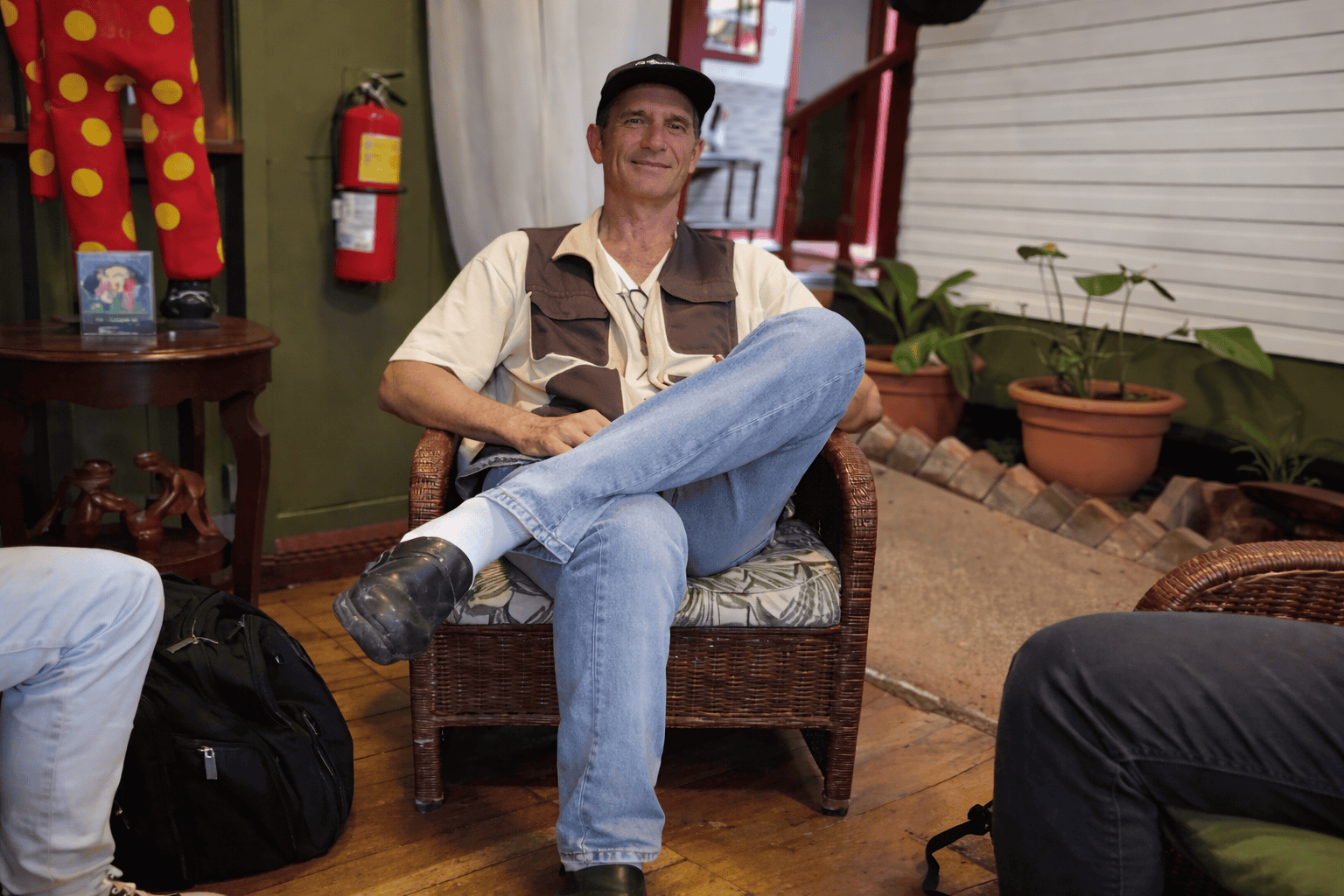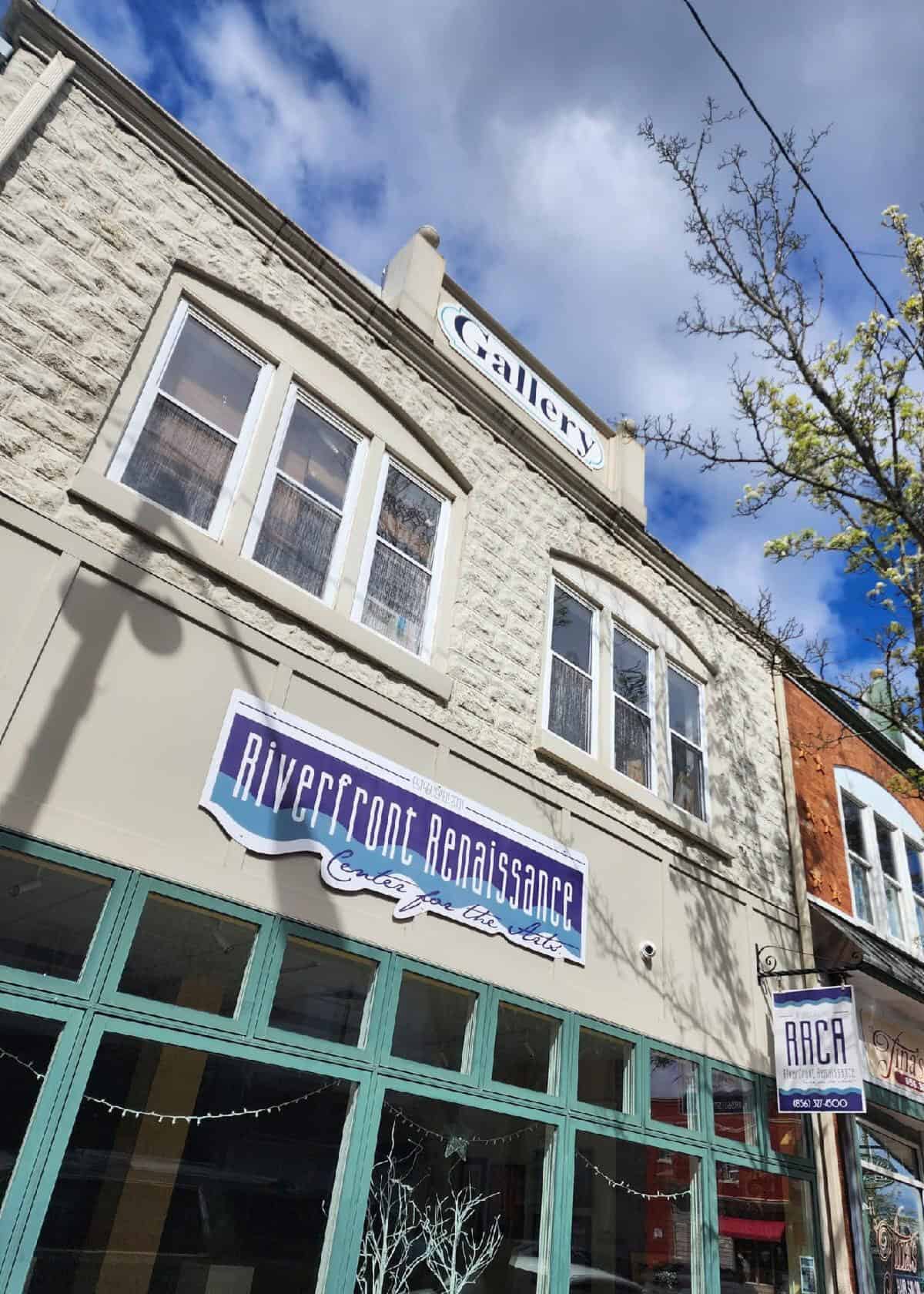Across the Pond
A 1904 article in a British newspaper painted a caustic picture of Vineland and its residents.
It’s rather doubtful residents of Vineland in 1904 were aware of the town of Millom, a community in the northwestern portion of England that is part of the Lake District. But during that summer, residents of Millom discovered the existence of Vineland and its 43-year history through a brief and highly uncomplimentary article in its local weekly newspaper.
Thaddeus Cooper, who was interviewed in these pages when he was conducting research in Vineland for his 2016 book Seeking Redemption: The Real Story of the Beautiful Game of Skee-Ball, recently shared his discovery of Millom’s mysterious evaluation of Vineland. In the July 8, 1904 edition of the Millom Gazette, a publication that seems to have existed from 1892 to 1933, an uncredited article appeared under the headline “Cranktown.”
As it’s used here, “crank” is a pejorative term which, according to the Cambridge online dictionary, refers to “a person who has strange ideas and behaves in strange ways.” Just in case the term might be misunderstood by its readers, the newspaper saw fit to explain itself further in a sub-headline that reads, “A Strange Colony in New Jersey Wilderness.”
The headlines are tame compared to the actual article, however, which opens with the declaration, “Vineland, N.J., a town that has furnished a good deal of newspaper ‘copy,’ was founded by a ‘crank’ for ‘cranks.’”
In the next paragraph, Charles K. Landis is identified as the founding “crank,” but he is not credited as the reason for that “good deal of newspaper ‘copy,’ ” although his 1876 trial for the murder of newspaper editor Uri Carruth earned a good deal of column inches worldwide in its coverage. Yet at the time of the Gazette article, Landis had been dead four years and 28 years had passed since his acquittal.
According to online sources, Millom was first established as a town in 1866 in the vicinity of ironworks and a railway line in the region of Holborn Hill. By 1899, it was modernized with terraced streets, markets, schools and a library. Its evolution over the last four decades of the 19th century, while somewhat slower than Vineland’s, is not that dissimilar from the town established by Landis.
The source of the Gazette’s antipathy is clearly those who inhabited Landis’s settlement, including the more progressive components of the town’s early decades. The article reports that Landis purchased a vast tract of land and “advertised it far and wide as a place of refuge for the oppressed and misunderstood.” It’s certain that Landis would have been surprised to learn that his promotional materials were designed to entice individuals such as these to settle in Vineland, particularly since his marketing concentrated on soil quality, climate advantages and industrial incentives.
And what of those who chose to relocate to Vineland? The Gazette calls them “odd people” who arrived in South Jersey “from all parts of the globe.” Some, we are told, are “spiritists,” another term for spiritualists, of which there were “three or four kinds.” The Gazette’s prejudices are on full display in its listing of other settlers in the town: “Masons and anti-Masons, half a dozen Oriental cults, and ‘Buzzard Women,’ who dressed as men and frowned on matrimony.”
By 1904, Vineland’s progressive inclinations had waned as the town entered the 20th century without its founder and with a modern age that already offered electricity and would soon provide faster transportation and amenities unimaginable to the earliest settlers, those so-called “odd people” unfairly disparaged in a newspaper published in an English town that happens to also reside in a county called Cumberland.
It’s said that on a clear day the view from a landmark spot in Millom is particularly inspiring. It seems the view on July 8, 1904 was neither clear nor inspired.






